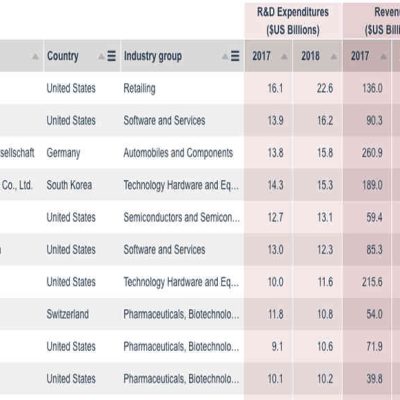Amazon, the world’s largest online retailer, has filed a patent called Physical Store Online Shopping Control, which aims to prevent customers from comparing prices of online products with those in physical stores. The move is intended to protect against “showrooming,” where customers receive free advice in-store but then purchase the product online, resulting in lost sales for the retailer. The patent works by monitoring the data traffic of customers who log into the store’s public Wi-Fi network. If a customer searches for better prices online, the retailer can offer a discount or a voucher to encourage them to make the purchase in-store.
While the move may seem ironic coming from Amazon, it is intended to support local retailers and prevent them from losing sales to online competitors. However, the technology could also be used to block access to online products altogether, which would be a significant infringement on net neutrality. Despite this, the patent is easily circumvented by customers who choose not to log into the store’s public Wi-Fi network and instead use their own data to compare prices.
The issue of showrooming has been a significant problem for retailers, particularly those in the electronics and home goods sectors. By offering free advice and demonstrations in-store, retailers are effectively providing a service to customers who then use that information to make a purchase elsewhere. Amazon’s patent aims to address this issue by encouraging customers to make purchases in-store, thereby supporting local retailers and boosting sales. However, the technology could also be used to block access to online products, which would be a significant infringement on net neutrality. Despite this, the patent is easily circumvented by customers who choose not to log into the store’s public Wi-Fi network and instead use their own data to compare prices.










